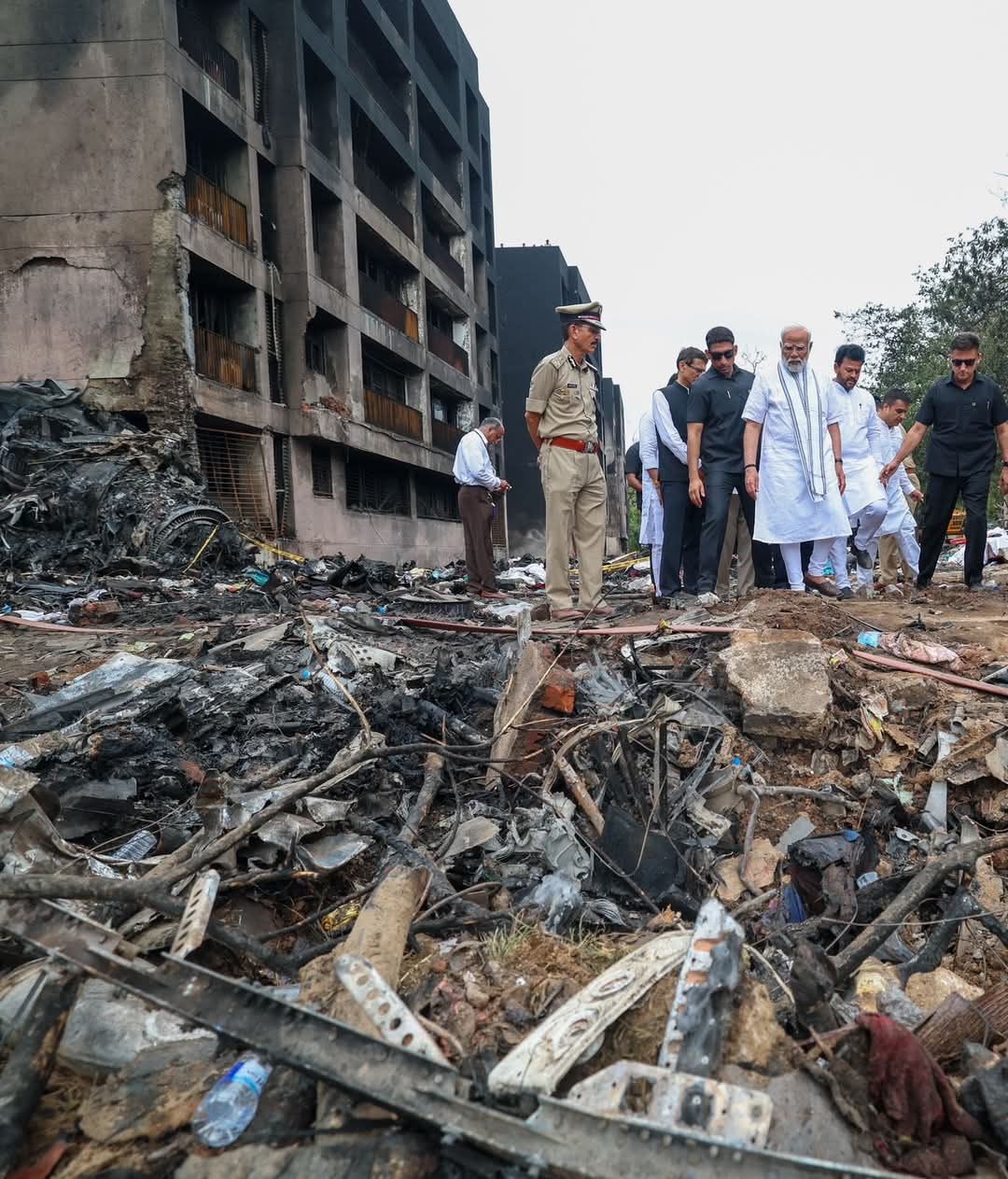89th Meeting of Network Planning Group Under PM GatiShakti Evaluates Key Infrastructure Projects.
Focus on Road, Railway, and Metro Sectors to Boost Connectivity and Logistics Efficiency.
New Delhi:
The 89th meeting of the Network Planning Group (NPG), chaired by Pankaj Kumar, Joint Secretary of the Department for Promotion of Industry and Internal Trade (DPIIT), convened today to evaluate major infrastructure projects under the ambit of the PM GatiShakti National Master Plan (PMGS NMP). The meeting’s primary focus was on enhancing multimodal connectivity and improving logistical efficiency through strategic projects across the Road, Railway, and Metro sectors.
The NPG reviewed eight key projects, consisting of four road projects, three railway initiatives, and one metro development. These projects were evaluated for their alignment with PM GatiShakti principles, including integrated multimodal infrastructure, last-mile connectivity to economic and social nodes, and intermodal coordination. Once completed, these projects are expected to significantly reduce travel times, enhance regional connectivity, and drive socio-economic growth.
Key Infrastructure Projects Evaluated:
Ministry of Road Transport and Highways (MoRTH)
- Darugiri to Dalu Two-Lane Road (Meghalaya)
A 136.11 km-long road project upgrading the existing NH-62 to a two-lane highway with paved shoulders. Spanning East Garo Hills, South Garo Hills, and West Garo Hills, this project is expected to boost regional trade and economic development, particularly in the Garo Hills region. - Brahmaputra River Four-Lane Tunnel (Assam)
India’s first road tunnel beneath a major river, this groundbreaking project will connect Gohpur and Numaligarh across the Brahmaputra River. The twin-tube underwater tunnel will drastically reduce travel time from 6.5 hours to 30 minutes, benefiting the northeastern states and facilitating smoother cross-border trade. - Kaliabor-Numaligarh Four-Lane Highway (Assam)
This 85.67 km highway expansion project aims to widen the existing carriageway from two lanes to four along NH-37/NH-715, providing a critical link between Nagaon, Karbi Anglong, and Golaghat districts. The project will also include wildlife-friendly features to protect the biodiversity of Kaziranga National Park. - Mayjilar to Jaisalmer Two-Lane Road (Rajasthan)
Spanning 138.177 km, this project upgrades NH-11 and NH-70 to improve regional connectivity, support tourism, facilitate defense movement, and enhance road safety. The construction includes both brownfield and greenfield stretches, along with a Jaisalmer Bypass Link Road.
Ministry of Railways (MoR)
- Badlapur-Karjat Third and Fourth Line Expansion (Maharashtra)
This 32.46 km brownfield project addresses increasing congestion along the Mumbai-Pune-Solapur-Wadi-Chennai corridor, improving connectivity for both passengers and freight. The project will significantly benefit towns like Badlapur, Vangani, Shelu, Neral, Bhivpuri, and Karjat. - Nergundi to Cuttack Fourth Line with Flyover (Odisha)
This 15.99 km project aims to decongest railway lines and enhance freight movement along the vital Paradip Port to Talcher coalfields corridor. The addition of a flyover at Nergundi will improve operational efficiency. - Haridaspur to Paradip Doubling Line (Odisha)
This 74.09 km project will bolster coal transportation from the Talcher coalfields to Paradip Port, improving freight capacity and logistics efficiency, supporting industrial growth in the Angul-Jharsuguda region.
Ministry of Housing and Urban Affairs (MoHUA)
- Rajkot Metro Rail Project (Gujarat)
The 41.11 km Rajkot Metro Project is a significant step toward modernizing urban transport in Rajkot. By providing a sustainable mode of transport, the project will ease traffic congestion and integrate with regional rail, city bus services, and other public transport options.
Strategic Impact of Projects
These infrastructure projects, aligned with PM GatiShakti’s vision of seamless multimodal connectivity, are poised to provide far-reaching benefits, including:
- Enhanced connectivity across regions, enabling smoother movement of goods and passengers.
- Improved logistics efficiency, reducing transport time and cost.
- Economic growth, particularly in underdeveloped and border regions, fostering better trade and industrial expansion.
- Environmental sustainability, with wildlife-friendly measures incorporated in road projects to protect biodiversity.
By optimizing the transportation network and fostering integrated infrastructure development, these projects will play a critical role in realizing the broader goals of PM GatiShakti, which seeks to create an integrated, sustainable, and efficient transport ecosystem in India.

